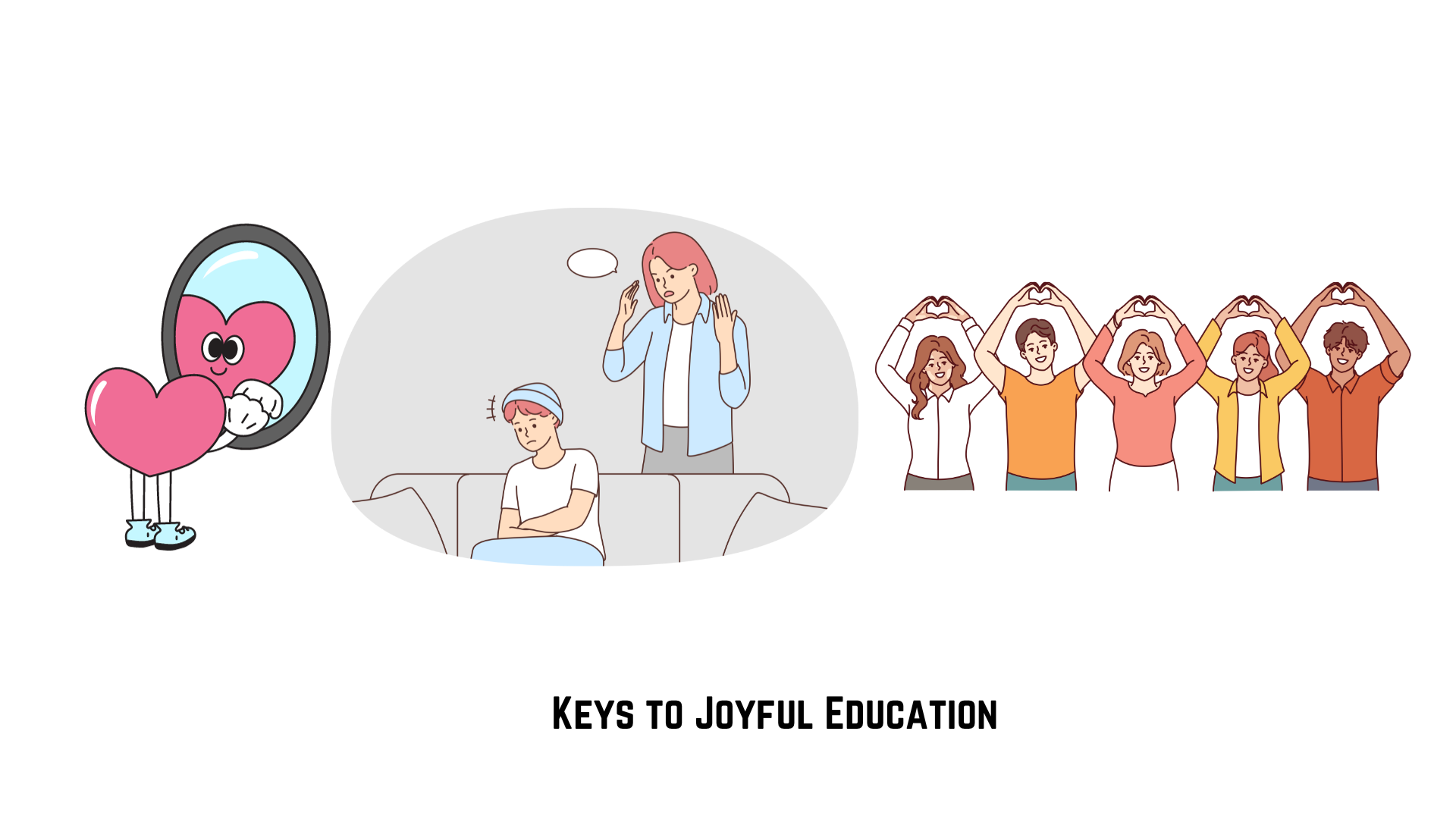Trending Now
- 830 voters names go missing in Kavundampalayam constituency
- If BJP comes to power we shall consider bringing back electoral bonds: Nirmala Sitaraman
- Monitoring at check posts between Kerala and TN intensified as bird flu gets virulent in Kerala
Columns
‘Love might not need language but an opportunity might need it’
![]() June 8, 2018
June 8, 2018
When a child is born in a family, the very first question one would ask is, “Is it a boy or girl?” From the birth child is made to identify male or female and their characteristics. This gender role is culturally driven that defines appropriate behaviors for male and female. Many times this creeps into occupation life as well. These have no correlation to biological, physiological or psychological but, rather, are due to the ways in which we are taught to behave by the society. These gender stereotypes existed during my days of 1950’s. My name is Yashoda, born in Harihar, Karnataka with total eight siblings. My father worked as a tailor for army. I was mother’s daughter (Mama’s child); her love gave me lot of weight for an age that made people look up as motu girl (heavy weighing). Because of this, I was forced to weaver Langa Davani (Half and Half Saree), and transformational change in weight gaining lead to discontinuity of studies. Another fear that was put in the mind of father was, a well-educated girl would elope. At the age of twenty-one I was married to a man, who was in the same occupation as my father. I still recall the USP they used to make marriage proposal was, boy (perspective groom) stiches ten shirts per day.
In those days in order to make marriages work (sustain till death apart) women were told future groom is ‘cultural hero’, who would serve as an ideal for family and model for the society. Tasks for women to be attractive to men, and ideal men sought after such women. I realized over a period that, why father didn’t allow me to pursue education? May be he was fearful if I choose to work that would make the society hostile. This categorization like a man is strong, aggressive, and taller and a woman is slim, graceful, delicate has jeopardized people play other roles, inspite their desires.
I was brought in a city (growing town) and sudden transition to a village was a sea change. I was finding it hard to adjust a new set-up that mostly had people engaging in gossips, men doubted on their own women, domestic violence, basic amenities were non-existent and there was no room to breathe. My husband house was just a small single room that consisted of kitchen, bedroom, and worship place, tailoring space everything seemed to fit. I had to walk miles to gather wood or cow dung cake to fuel the cooking. Whenever I got an opportunity to discuss the frustration with mother, she would in turn put gender specific role guidelines like wife duty, into my head. I realized the reasons behind people (in this case men) doubted their wives: men wanted to have followers. Following his footstep without question would make him, he is right. If there aren’t any followers there bound to be self-suspicions on being authentic individuality. While my children grew and got married, the first instructions I told them was not to doubt each other in any circumstances.
One thing that I can admire of my husband is that he allowed continuing my passion of stitching clothes. In 1990’s my husband had a paralysis attack, it shook us for a while. During one of the visits my sister’s husband suggested to move to warmer place, as such conditions are viable for sick (paralysis) people. We moved to Bijapur (late 1980s) in the context of his health and this gave me a respite from a village set up. My husband health was improving and our children were grown up to mend the behavior of their father. They would request their father to respect mother and show compassion to her continues effort to run the family.
There is a belief that little things can bring happiness, my youngest brother was getting married. As a tradition my parents gave me one thousand rupees, I bought a gas and cylinder costing nearly nine hundred rupees. I was definitely happiest person in the family that liberated from tedious tasks of manual collection of wood and spending hours of time cooking in smoke.
Improvement in family brought unexpected news of my husband suffering from brain tumor. He didn’t longer after this news inspite of spending every penny that was saved and borrowed. Forty years of marriage came to an end!
Several days passing being seated on a sewing machine I recalled a childhood incident. While I was a child, my mother had taken all children to Bellur, a historical town. Seeing an Englishman wearing a jute hat, I insisted my mother to buy one but she politely declined as the value every anna (paise) counted in those days. This story instigated me to explore jute industry. While my husband was alive, I used to visit Khadi Board exhibition and often got attracted to those handcrafts.
My neighbors suggested approaching RUDSETI for training and financial assistance. Unfortunately an application of fifty three year old lady was rejected, I walked out crying like a baby. After couple of days Mr. Anil Babu (lawyer) invited me for an inaugural function of handcrafts at RUDSETI. Like an incomplete love story for craft, I went to attend the event.
While the inaugural got over, I was walking out of the hall, heard a boy boiling in anger saying, ‘yenka sapad kodanga’ in Tamil. I translated his sentence ‘boy, is asking for some food’ into local language (Kannada) to the organizers. Boy found a respite on knowing that someone knows Tamil. The boy was sixteen year old knew only Tamil and unfortunately learners knew only local language.
After translating his need, I was set to leave. The boy called me and asked me to stay back. I replied him, ‘the training is applicable for people with age group of eighteen to thirty five and my application is rejected.’ The boy said, ‘I would go back to Tamil Nadu incase you are not going to be here.’ Mr. Dubey, organizer insisted me to stay back. My strength (language) played a bigger role than knowledge! The boy explained in Tamil, I translated in Kannada and wrote his instructions on board to explain them. This way, I was only a learner who learnt it twice. I received broader knowledge of Jute products.
After the stipulated training period, like a young enthusiastic girl I approached bank but they declined to provide a loan. Then I approached Khadi Board for jute material they also rejected. I checked if there is an option to work for them, stich the materials for them. This option seemed possible; we ended selling those crafts at an exhibition through the board that fetched us thirty thousand rupees. This was beginning of new hope! This hope helped us to reach Kanyakumari to understand the preparation of jute, coloring of jute and final raw product of jute. To understand consumers design expectations, I traveled to Calcutta. We started to manufacture handicrafts, contacted exhibition and this led to beginning of small-scale factory. Last twelve years of hard work is no less than Ram Vanvasa. My final dream is build a big factory that would continue to provide quality products before closing eyes that would retain family name forever.
Author’s Polyglot: During interaction an admirable quality that we learnt was, Yashoda is women of substance who always helps and contributes during birth and death of community members. For example, she would supply food if any family lost their close ones. This quality that something her mother taught her to be lending hand during crises.
The author of the column is Santosh Avvannavar, Soft skills Trainer, Author, Counsellor & Consultant
Disclaimer: The views expressed above are the author’s own






















